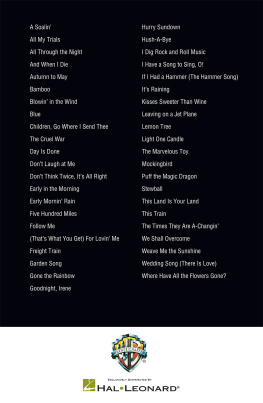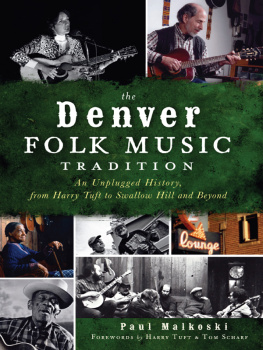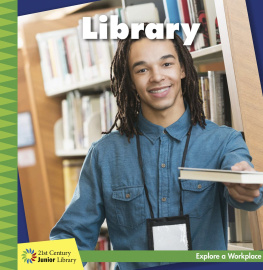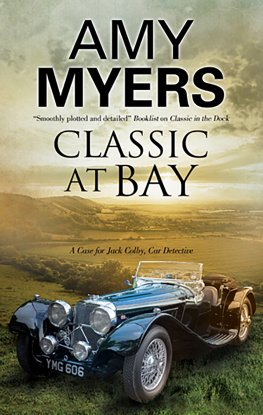THE BITTER END

Paul Colby during the Bitter End press party for the feature-length documentary of Ramblin Jack Elliott, The Ballad of Ramblin Jack. Originally shot for Vanity Fair. Courtesy of Annie Leibovitz.
THE BITTER END
Hanging Out at Americas Nightclub
Paul Colby
with Martin Fitzpatrick
Foreword by Kris Kristofferson

First Cooper Square Press edition 2002
This Cooper Square Press hardcover edition of The Bitter End is an original publication. It is published by arrangement with the authors.
Copyright 2002 by Paul Colby with Martin Fitzpatrick
Foreword copyright 2002 by Kris Kristofferson
All photos, unless otherwise noted, courtesy Paul Colby.
All rights reserved.
No part of this book may be reproduced in any form or by any electronic or mechanical means, including information storage and retrieval systems, without written permission.
Published by Cooper Square Press
A member of the Rowman & Littlefield Publishing Group
200 Park Avenue South, Suite 1109
New York, NY 10003
www.coopersquarepress.com
Distributed by National Book Network
Library of Congress Cataloging-in-Publication Data
Colby, Paul, 1917
The Bitter End: hanging out at Americas nightclub / by Paul Colby with Martin Fitzpatrick.
p. cm.
Includes index.
ISBN 978-0-8154-1206-9
1. Colby, Paul, 1917 2. ImpresariosUnited StatesBiography. 3. Bitter End (Nightclub) I. Fitzpatrick, Martin, 1952 II. Title.
ML429.C567 A3 2002
791'.092dc21
2002003977
 The paper used in this publication meets the minimum requirements of American National Standard for Information SciencesPermanence of Paper for Printed Library Materials, ANSI/NISO Z39.481992.
The paper used in this publication meets the minimum requirements of American National Standard for Information SciencesPermanence of Paper for Printed Library Materials, ANSI/NISO Z39.481992.
Manufactured in the United States of America.
For Pamela Ann Wilson
for standing by me,
and for Fred Weintraub and
Joel Selvin, without whom
this book would never have happened.
P. C.
For Kate and for Paul,
who made it all happen.
M. F.
C ONTENTS
by Kris Kristofferson
A CKNOWLEDGMENTS
THE AUTHORS WOULD like to thank the following people for their generous help and fond remembrances while we wrote this book: Al Alvino, Sid Bernstein, Theo Bikel, Oscar Brand, David Brenner, Marshall Brickman, Charlie Brown, Hamilton Camp, Richard Campbell, Dick Cavett, Len Chandler, Tom Chapin, Jim Dawson, Bill Deseta, Art DLugoff, Weston Gavin, Jon Gibbs, Kenny Gorka, Wavy Gravy, Laura Harris, Judy Henske, Jake Holmes, Janis Ian, Tommy James, Robert Klein, Steve Landesberg, Harold Leventhal, Lenny Levine, Buzzy Linhart, Rick Maher, Len Maxwell, Curtis Mayfield, Tracy Newman, Tom Paxton, Sharon and Kate Petronaci, Dick Reicheg, Paul Rizzo, Harry Robinson, Jack and Jane Rollins, Manny Roth, Tracy Ryan, Bill Saluga, Vin Scelsa, John Sebastian, Tom Senif, Brian Sennet, Richmond Shepard, Dave Van Ronk, Eric Weissberg, David Wilkes, Bill Withers, and Peter Yarrow.

Kris Kristofferson and Paul Colby in the seventies.
F OREWORD
I FIRST HEARD of the Bitter End in the early sixties when I was in the army doing a three-year tour in Germany. I was playing in a band during my off time and dreaming of making music for a living. Our Dobro player, a West Pointer and the only real musician among us, gave me a Peter, Paul and Mary album to learn a couple of songs by. The best tunes were written by this new kid who was old-timer classic and original at the same time named Bob Dylan. Everything about that album burned its way into my brainnot only the songs like Blowin in the Wind but also the look of the red brick wall of the Bitter End where the album cover was shot.
The place was something of a shrine by the time I finally came to Greenwich Village, a lifetime later, at the end of the sixties. Thats when Shel Silverstein introduced me to Paul Colby and the Bitter End and all the other wonderful bars and clubs on Bleecker and MacDougal Streets that seemed to be full of artists, poets, dreamers, and drunks. Like the Ryman Auditorium back home in Nashville, the Bitter End was the Mother Church, run by a guy whose heart was into it and for whom what happened on stage was all that mattered. The Bitter End was designed to focus attention on the artist, and the audiences listened and were hip and responded because they were full of people like Bobby Neuwirth, Larry Poons, Andy Warhol, Patti Smith, Ramblin Jack Elliott, Odetta, and always the possibility of Dylan. That was my world. It was a magical place at a magical time, and I was hungry but happy and creative. And Paul Colby had the best seat in the house.
Fortunately for those who worked for him, Paul was on the side of the angels. (Which is to say he was on our side; he loves artists and fights fiercely for them.) It was an atmosphere where everything was possible and some special moments got made. Like the night Paul let me put a couple of guys nobody outside of Chicago had ever heard of on my show. It all started when Paul Anka introduced himself to me on a flight into Chicago. He told me he was working the Fairmont and was going to perform one of my songs at his gig. I was doing a week at a little club called the Quiet Night, and we said we would try to get together. My schedule (and my attire) prevented me from going to the Fairmont, so Paul Anka stopped by the Quiet Night, where I was sharing the bill with Steve Goodman. Steve knocked us out with his songs like City of New Orleans and Sam Stone written by a friend of his whom he wanted us to meet. I was sick and road-weary from travel and three shows a night for the last eighteen months, but Steve was insistent. So we all went over to another club called the Earl of Old Town to meet John Prine. The club was closed and dark by the time we got there, chairs on the table, and John and his wife waiting for us, asleep in a booth. I couldnt believe the poor guy was going to wake up to sing for strangers, but he stepped up to the mike and proceeded to sing one absolute killer after another: Paradise, Donald and Lydia, Hello in There. He sang a dozen or so, and when he was finished, we made him start over. I remember thinking it was like stumbling onto Dylan for the first time. Later, when we were all celebrating up in Paul Ankas penthouse suite, Paul said to them, Would you consider letting me fly you to New York to discuss publishing and recording? Steve said, Would you like to see a short, fat Jewish kid dive in a bowl of chicken soup?
I said I was going to be working at the Bitter End and if they could come by, Id put them on stage. I told them the owner was a good man, that he dug music and musicians and would help us. Well, of course, he is and he did... but there are realities, and Steve and John only had time to do a couple of songs during my first set. They were so great that Paul Colby came up during the break and said, Listen, you put those guys onstage again and let them sing as long as they want to. Our friend Jerry Wexler was in the audience. He sent his wife home in the limo and came back for a night of real music, after which he signed John to Atlantic Records and Paul Anka put Steve on the Buddha label.
Next page












 The paper used in this publication meets the minimum requirements of American National Standard for Information SciencesPermanence of Paper for Printed Library Materials, ANSI/NISO Z39.481992.
The paper used in this publication meets the minimum requirements of American National Standard for Information SciencesPermanence of Paper for Printed Library Materials, ANSI/NISO Z39.481992.